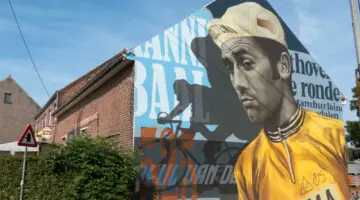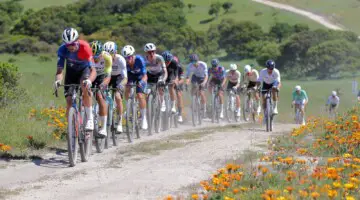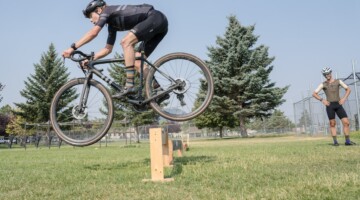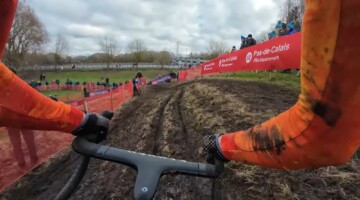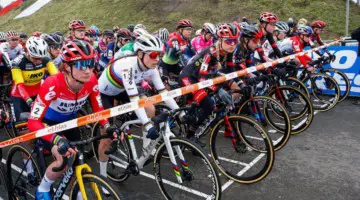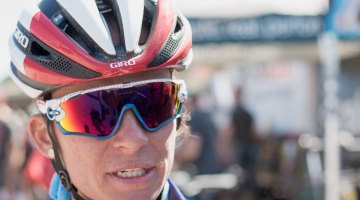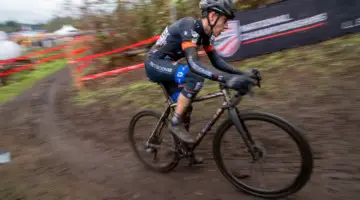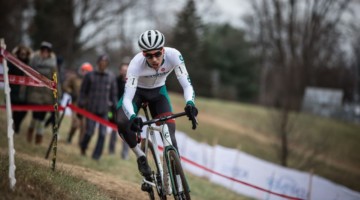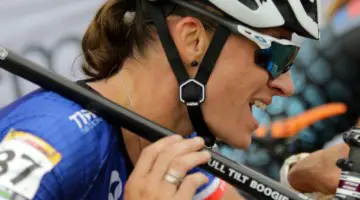A recent open letter and call to action from Bike Pure has asked for, and drawn attention to, the lack of human and mechanical doping testing in C1 and C2 races after 2017 Cyclocross Worlds in Bieles. Bike Pure referenced Femke Van den Driessche’s mechanical doping charges at 2016 World Championships, and noted races that lacked UCI and/or WADA testing.
A Call for Clean Racing After Bieles
It has been brought to our attention by a selection of cyclocross riders that there have been no in-competition dope tests carried out in European cyclocross since the 2017 World Cyclocross Championships.
The 2017 Cyclocross worlds took place in Luxembourg at the end of January but since that event there hasn’t been a single dope test, either blood, urine or mechanical doping, carried out at any major European cyclocross event. These included the culmination of prolific events such as the SuperPrestige Series, DVV Trophy Series and leading UCI races.
Bike Pure’s philosophy is to protect and provide a voice to clean, law abiding athletes everywhere, but the non-existence of robust dope testing at these events, reduces the right for athletes to compete on a level playing field.
Some 12 months ago, cyclocross entered the world spotlight for all the wrong reasons when a motor was discovered in a bike belonging to Belgium U23 rider Femke Van den Driessche at the world championships in Zolder, Belgium. As a result of this tragic saga, it would make sense to carry out motor doping checks at major cyclocross events, particularly in Belgium. The lack of testing post worlds at C1 and C2 cyclocross events is very alarming. Lack of testing does little to instil confidence in clean sport at a time when it is required most.
A professional rider competing at these post worlds CX events who wanted to remain anonymous said to Bike Pure, “To have no bike or rider testing at events such as the SuperPrestige and DVV Trophies is more than alarming. Considering Femke was racing locally in Belgian and not detected using a motor you would expect the UCI or Belgian Federation to at least test bikes.”
The rider continued, “For the worlds, I was tested the morning of the race and bikes were tested in the pits during the event, since then, no doping tests were undertaken for any rider or bike scanning since the worlds. Athletes are racing largely on the “honour system” when there aren’t any anti-doping tests carried out at the races. History has demonstrated that the “honour system” isn’t enough. There are a number of racing series that conclude after the World Championships where overall competitions are decided.”
The very presence of doping tests and bike scanning checks at events provides a clear deterrent to athletes who may be tempted to cheat. If there are no anti-doping measures in place, do we simply presume the athletes aren’t cheating. How is fair play and integrity maintained at events that fail to conduct anti-doping measures. In the absence of in-competition testing, athletes could very easily resort to using performance-enhancing drugs without punishment.
We aren’t stating that any riders were doping at any of these events but if they were then how would anyone know. Riders and staff would certainly have known there was no testing in place, so the desire to cheat if required, and ‘beat the system’ without fear of punishment would have been high.
Dope testing at events can be costly, but having some element of anti-doping, whether that simply be an official testing for bike motors in the pits goes a long way to maintaining at least some integrity.
Can we please receive a reason as to why there were no tests conducted at a single post worlds UCI event in 2017 and if there will be any anti-doping measures in place for 2018 post worlds UCI events.
Cyclocross events with no doping tests or bike scanning:
4th Feb – DVV Trofee – C1, Krawatencross, Belgium.
5th Feb – SuperPrestige, C1, Hoogstraten, Belgium.
11th Feb – SuperPrestige, Middelkerke, C1, Belgium.
12th Feb – Brico Cross, C2, Netherlands.
19th Feb – Oostmalle, UCI C1, Belgium.
UPDATE:
We would like to thank WADA for the responding to our open letter on the afternoon of Monday 27th February. It reads as follows:
“Testing strategies at international events are under the responsibility of the relevant International Sport Federations. WADA has contacted the Cycling Anti-Doping Foundation (CADF) to discuss the matters raised in this letter. Until we hear from CADF, as you will no doubt understand, WADA is not in a position to comment further.”


